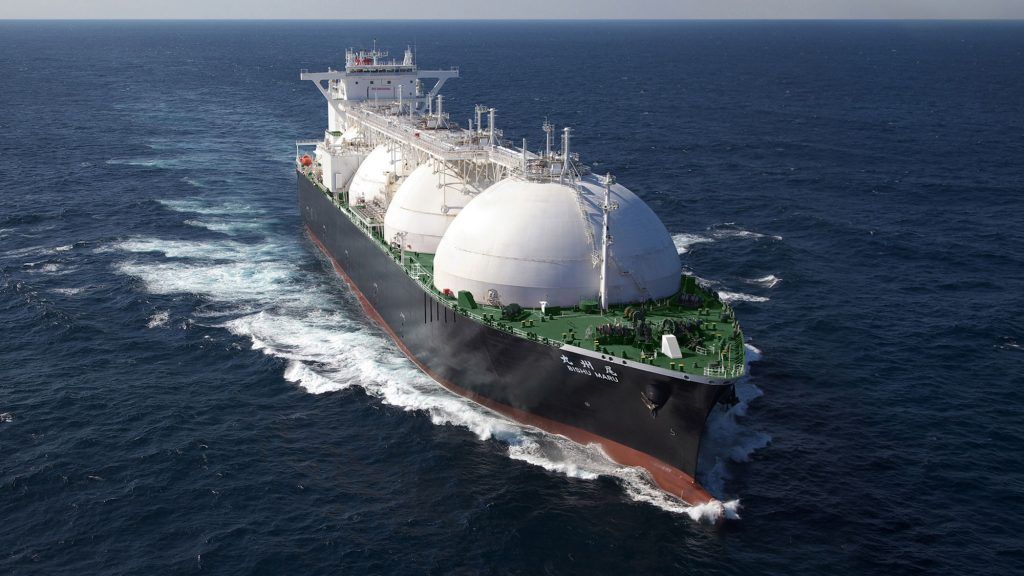Maritime transport moves 40% of the world grain and oilseed trade with a duration of more than a month, according to the International Grain Council (IGC).
The data comes from a recent presentation by the IGC on “IGC Cost and Freight Tool: Tariff Data Platform”, which incorporates information on tariffs provided by the Members of the World Trade Organization (WTO).
Therefore, in shipping, shipments of these products may be subject to rate changes while the cargo is en route.
CIG stressed that the timeliness of providing accurate and up-to-date tariff information would be key since market access information would be provided along with «live» daily export and freight prices.

The presentation was delivered at an event organized by the Russian Federation with a view to promoting a debate on possible ways to improve transparency in applied tariffs and to exchange respective experiences with WTO Members.
Maritime transport
One of the speakers at the event stressed that the lack of predictability in the tariff policy of WTO Members, among the implementation of other restrictive measures, undermines the prospects for Small and Medium-sized Enterprises (SMEs) to effectively integrate into chains global value.
He also noted that it would be very helpful to have all the information on tariff changes housed in one place and in an easily accessible format, as there were not enough human, time and financial resources to track tariff changes of WTO Members. individually through their respective customs web pages.
Representatives of the International Trade Center (ITC) and the International Chamber of Commerce (ICC) also joined the discussion.
ITC stressed that information on import tariffs is an integral part of the Global Trade Aid Table, which aims to facilitate access to trade information for SMEs.
The ICC reported that the average shipping time is four weeks (at least from Europe to Asia), which makes the possibility of changes in rates occurring while the goods were going to their destination very real.
Africa
The Global Trade Solution representative drew attention to the digitization of trade data and the importance of trade information portals for regional trade on the African continent (SACU, EAC, ECOWAS, CEMA).
Such portals, which would include tariff information, were still under development and should be established within regional blocs, he said. He suggested that the digitization of commercial data through these portals would contribute to promoting transparency.
World trade, measured by trade volumes, slowed in the last quarter of 2019 and is expected to continue to decline in 2020, as a result of weaker global economic activity associated with the pandemic, which is negatively affecting economic activity in several sectors, including airlines, hospitality, ports and the maritime transport.

